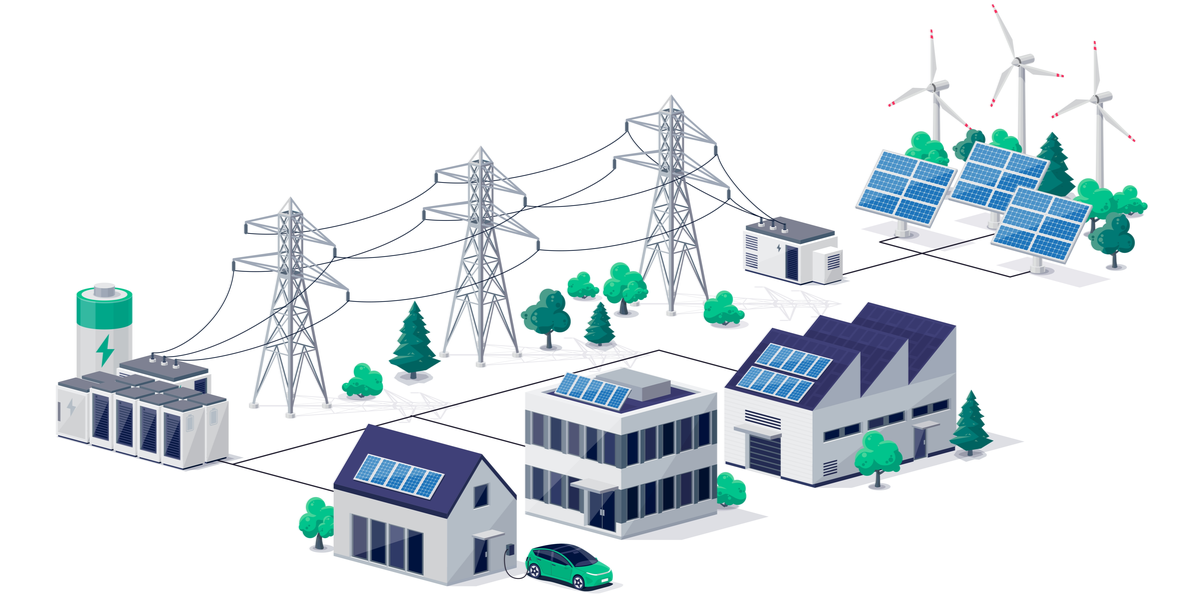Executive Dialogues: Market Transformation
Let's Save Energy
Alliance to Save Energy's Blog
Executive Dialogues: Market Transformation

Check out today's EE Global Forum highlights for the Market Transformation executive dialogue sessions:
- 1A: Increasing EE through connected systems: How can communities take into account holistic system efficiency from day one?
The first panel of the day focused on holistic building systems and their role in increasing energy efficiency. Panelists discussed the exponential benefits that a systems approach to energy efficiency provides -- not only in buildings, but in campuses, communities, and cities as a whole. While the United States is currently meeting the technological limit to “component-level” efficiency, systems efficiency provides building infrastructure with new energy saving opportunities. Along with a robust discussion on energy systems, panelists also provided suggested policy approaches to address the myriad of multi-level policy that is required in order to incentivize building owners and ensure that a systems approach to efficiency is possible. Energy is lost through heat in a majority of systems, thereby unnecessarily lowering energy productivity -- and the panelists referred to examples ranging from HVAC systems in supermarkets to industrial cities in Northeast China. Rob Thornton, president and CEO at International District Energy Association, compared the shift from landline phones to cell phones to the shift that will happen between a sector energy system to a holistic energy system in campuses, communities, and buildings.
- 2A: Buildings of the Future: How do we design and construct energy-efficient, resilient and climate adaptive buildings?
This panel focused on the market transformation in the buildings of the future, and featured Sheila Hayter of ASHRAE, Ersilia Serafini of the Summerhill Group, Mark MacCracken of CALMAC Manufacturing, Michael H. Mazor of Dow Chemical Company, Elizabeth McDonald of Canadian Energy Efficiency Alliance, and Chuck Kutscher of the National Renewable Energy Laboratory. Buildings consume a significant amount of energy across the world - in the U.S. this equals about 40% of energy and 70% of electricity. When we think of the existing 114 million homes and 80 million square feet of commercial building space, there is certainly a lot of potential for energy savings. However, the landscape is changing and buildings will need to be designed and constructed to not only be energy-efficient, but will also need to be resilient in the face of a new set of climatic conditions. There are a range of methods that can be used to address these issues like improving specific components within the building itself, coordinating components that make up the building system and educating the people that live and work in these buildings. If any of these components are ignored, it will leave a significant amount of savings left unrealized.
STAY EMPOWERED
Help the Alliance advocate for policies to use energy more efficiently – supporting job creation, reduced emissions, and lower costs. Contact your member of Congress.
Energy efficiency is smart, nonpartisan, and practical. So are we. Our strength comes from an unparalleled group of Alliance Associates working collaboratively under the Alliance umbrella to pave the way for energy efficiency gains.
The power of efficiency is in your hands. Supporting the Alliance means supporting a vision for using energy more productively to achieve economic growth, a cleaner environment, and greater energy security, affordability, and reliability.



